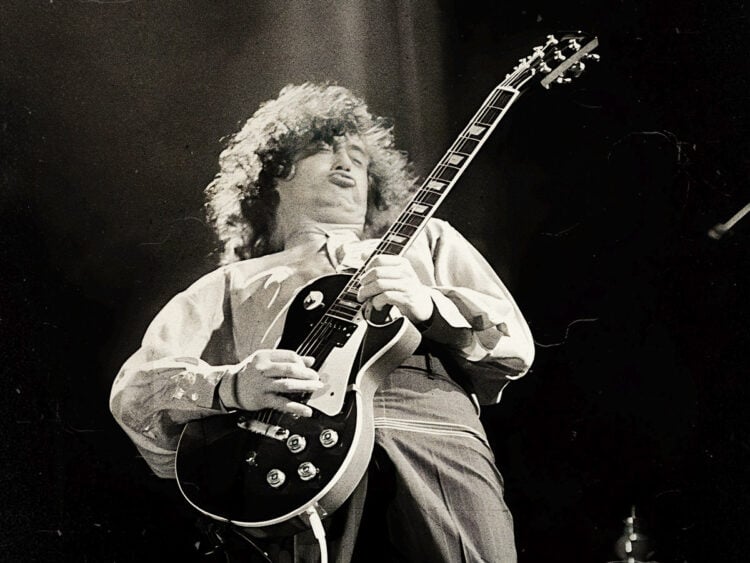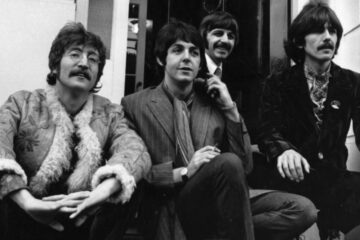News The producer Jimmy Page forbid from producing Led Zeppelin: “You haven’t got a hope in hell”
Every artist usually has a certain vision of what they want their music to sound like before anyone’s even heard of them. It might be easy to knock out a couple of tunes that you think are fun to play, but the true artists are the ones who know how to harness that euphoric feeling and somehow channel it into every song they play. Jimmy Page didn’t take long to establish that kind of sound, but the foundation of Led Zeppelin was not going to get tarnished by Glyn Johns as far as he was concerned.
For the first half of his career in the 1960s, Page already understood the ins and outs of producing by working on the session scene. Since half of the battle for any session player is about getting the best mix that you can for the final product, it usually comes down to working with a producer anyway to make sure that everything’s firing on all cylinders.
While Page had finally found a home when he began working with The Yardbirds, there were always going to be limits on where he could go. Sure, they could play some of the wildest blues refrains anyone had ever heard, but where do you go once you’ve hit the ceiling, especially when someone like Page was getting outplayed by Jeff Beck?
What Page did had to be his own thing, and that’s when Led Zeppelin stepped in. Formed as the new version of The Yardbirds, Page figured that the band would continue on the streak of blues covers with a bit of a different spin on them. They would still be the heaviest England had ever seen, but how do you even describe a song like ‘Dazed and Confused’, which features Page using a theremin and a bow whenever they played the track live?
This was something different, and no one would get in the way of Page achieving his vision, especially from behind the board. When Johns initially motioned to lend a hand in the studio, the guitarist made it explicitly clear that he would not take part in any kind of production credits.
Despite working on the first album, Page forbade him from taking any credit, telling Light and Shade, “Glyn Johns was the engineer on the first album, and he tried to hustle in on a producer’s credit. I said, ‘No way. I put this band together, I brought them in and directed the whole recording process, I got my own guitar sound — I’ll tell you, you haven’t got a hope in hell’”.
Let’s be clear here: Johns wasn’t some fly-by-night producer. He had already started work with The Beatles as an engineer on their ill-fated Let It Be and was just about to become one of the main overseers of The Rolling Stones’ greatest records. When you have an idea you know works, though, there’s no chance that anyone will get in your way.
Throughout the next few years, Page’s way of guiding the band made him look like the grand wizard behind everything, either through coming up with the covers they were going to play or making the kind of songs that would take people ages to figure out like ‘The Rain Song’ and ‘Stairway to Heaven’. Johns may have added some great textures to the band, but Zeppelin was a rocket ship ready to take off, and Page was the only one capable of steering it.




